Vitamin K is essential for blood clotting and bone health
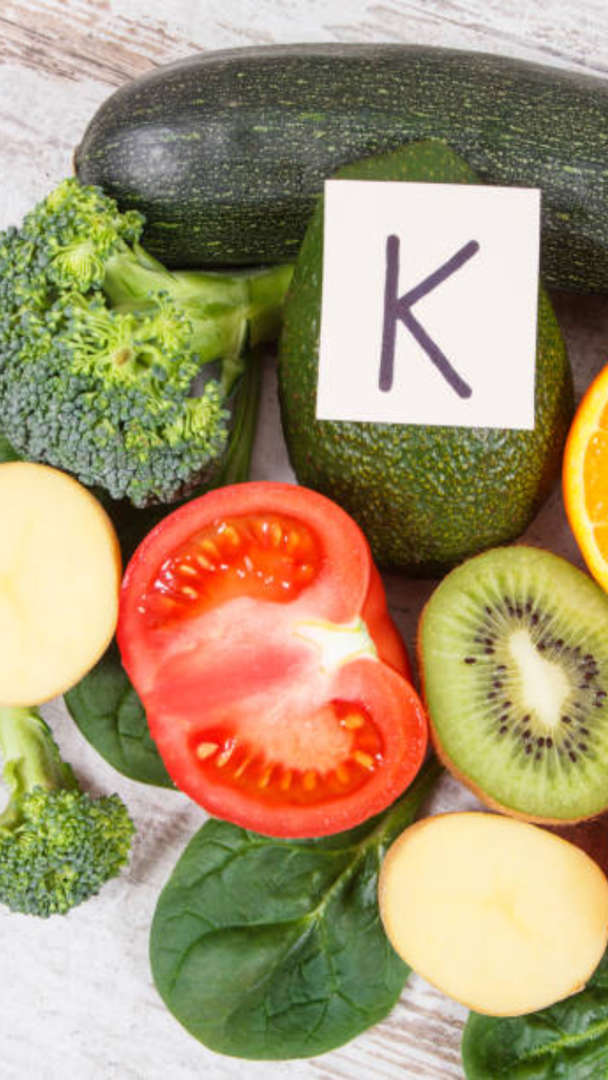
The recommended daily intake varies by age and gender, but for adults, it's around 90-120 micrograms (mcg) per day. A severe deficiency can lead to uncontrolled bleeding, internal hemorrhaging, and weakened bones. Few foods that are rich in vitamin K are:
Spinach
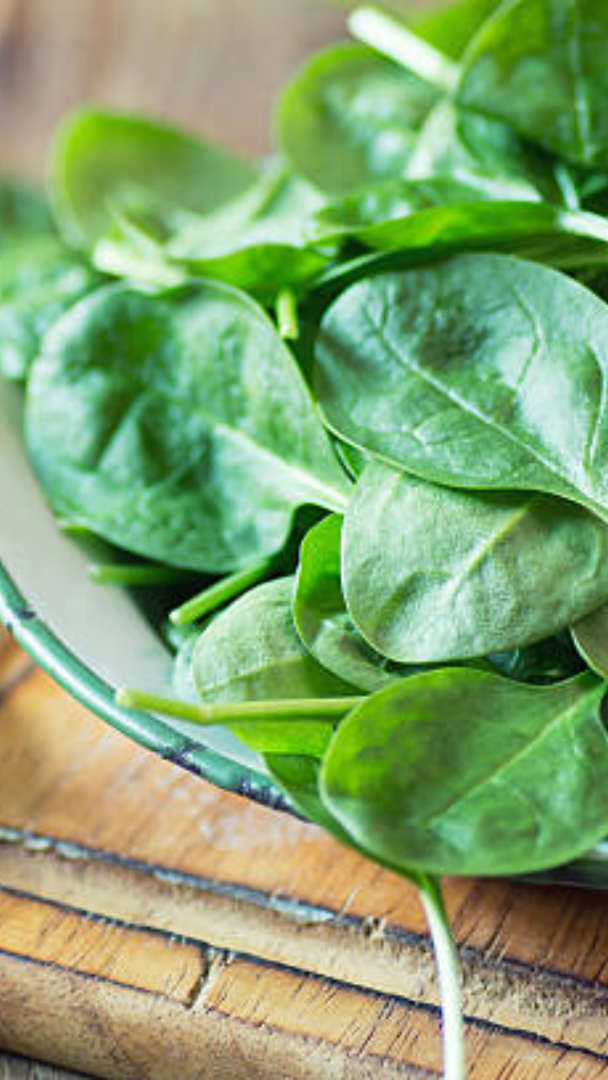
One cup of cooked spinach contains about 540 mcg of Vitamin K, significantly more than the daily requirement. Regular consumption helps in maintaining healthy blood clotting and strong bones.
Sarson ka saag
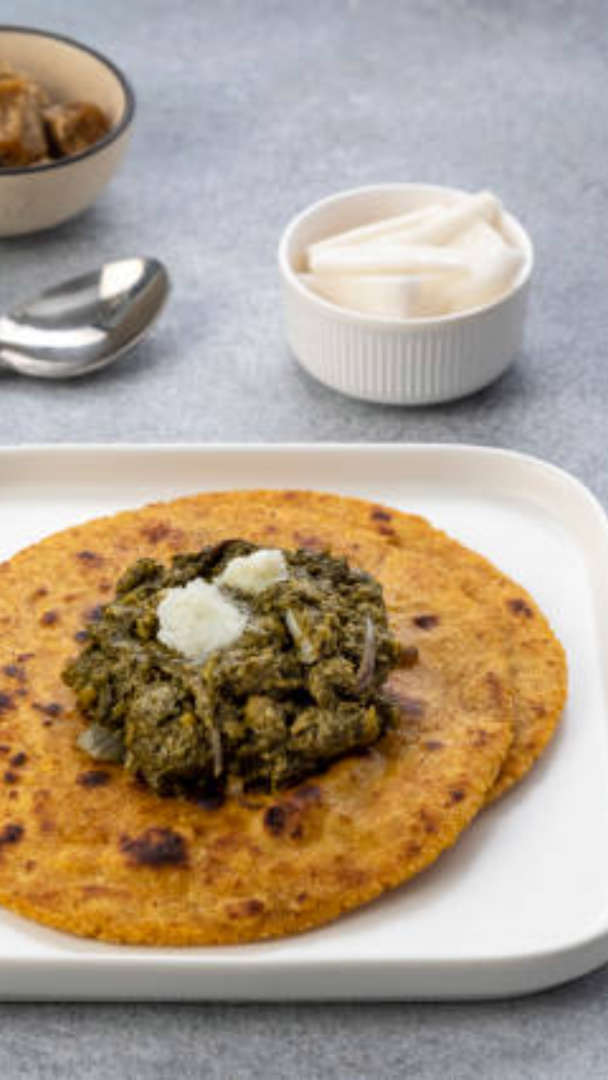
Popular in northern Indian cuisine, mustard greens are another leafy vegetable high in Vitamin K, providing around 210 mcg per cup. The high Vitamin K content supports proper blood clotting and contributes to bone health.
Methi
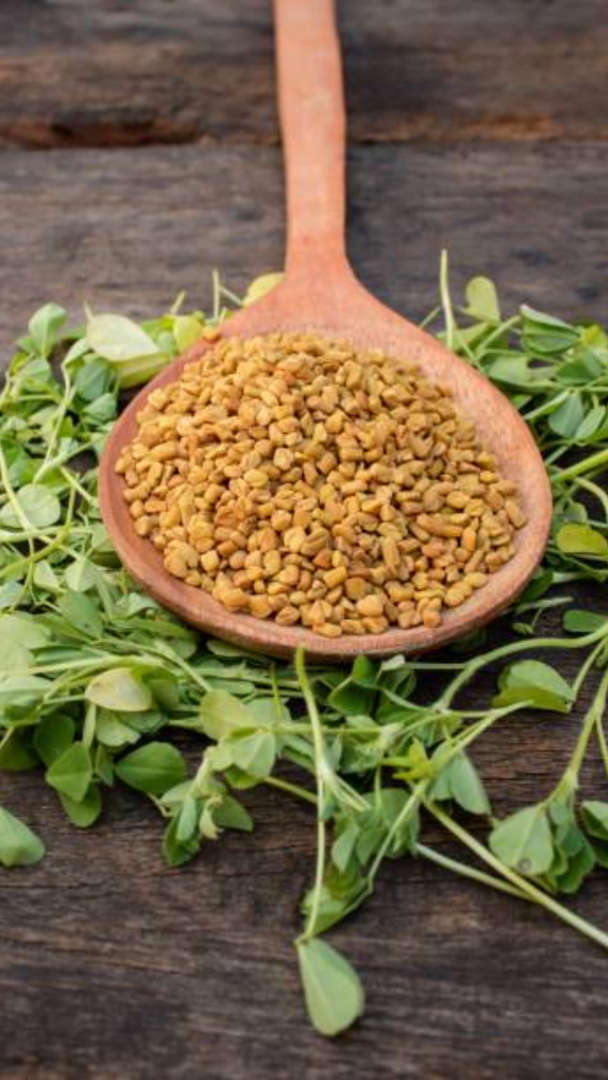
Fenugreek leaves, or methi, contain approximately 540 mcg of Vitamin K per 100 grams. Methi is used in parathas, curries, and as a vegetable side dish. Its rich Vitamin K content aids in coagulation and bone metabolism.
Drumsticks

Drumsticks provide around 146 mcg of Vitamin K per 100 grams. Known for their nutritious properties, they contribute to blood clotting and calcium regulation, making them essential for overall health.
Cabbage
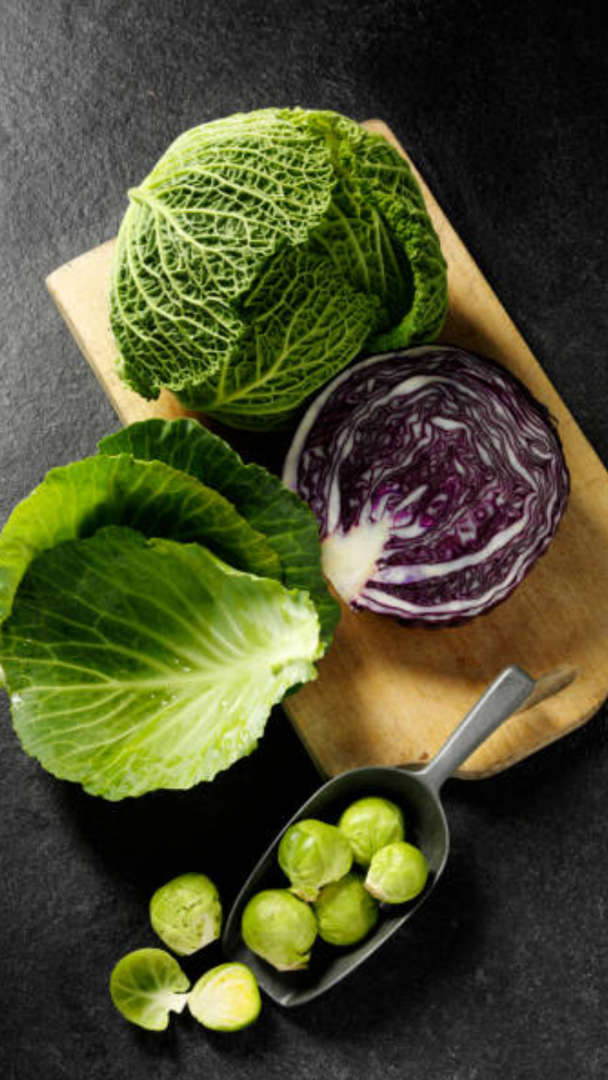
Cabbage offers about 76 mcg of Vitamin K per cup. Though not as rich as some leafy greens, its regular consumption helps meet daily Vitamin K needs, ensuring proper blood clotting and bone protection.
Broccoli
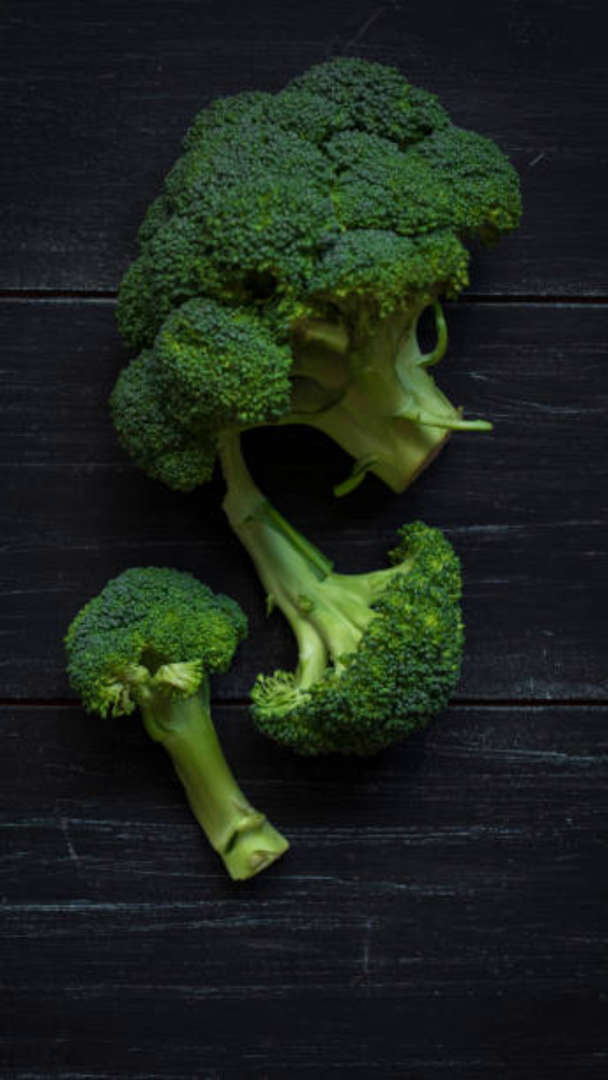
Broccoli provides about 220 mcg of Vitamin K per cup. Its high content makes it beneficial for cardiovascular and bone health, ensuring that calcium is deposited properly in bones and not in arteries.
Coriander leaves

Fresh coriander leaves provide around 310 mcg of Vitamin K per 100 grams. While usually consumed in small amounts, regular use contributes to the body’s overall Vitamin K intake, aiding in clotting and bone health.
Spring onions
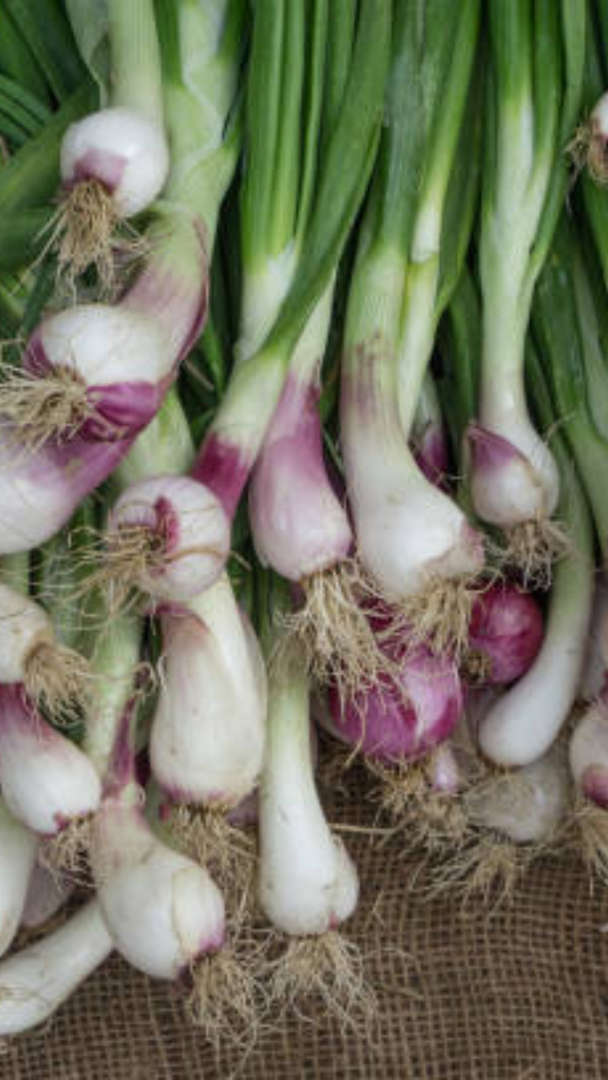
Spring onions offer 207 mcg of Vitamin K per 100 grams. Their inclusion in the diet supports the body's clotting processes and prevents bleeding disorders.
Green peas
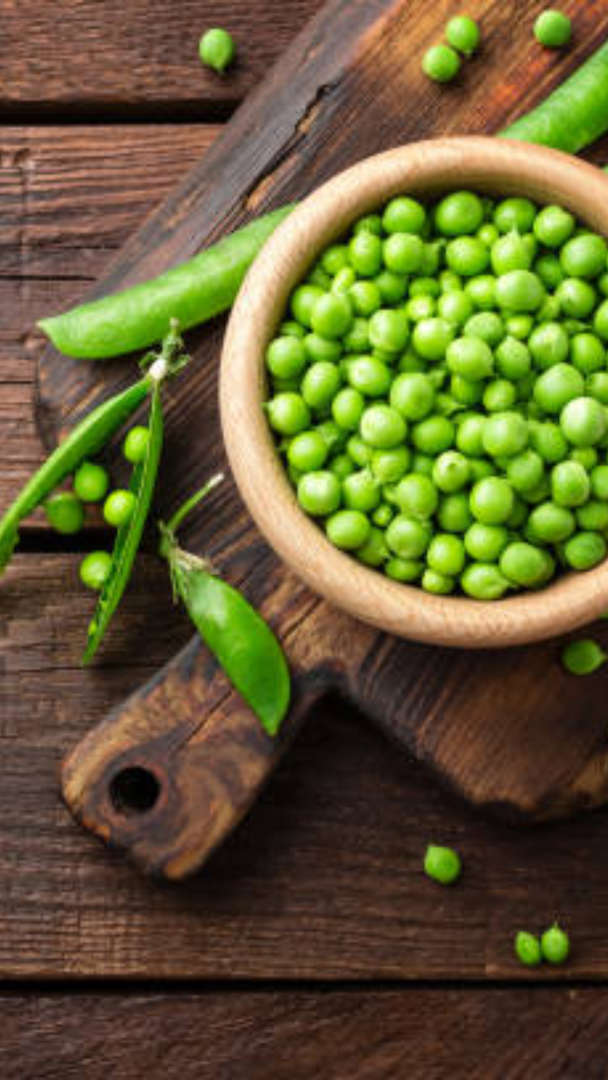
Green peas provide about 25 mcg of Vitamin K per cup. Though not as rich as leafy greens, peas still contribute to overall Vitamin K intake, promoting bone health and proper clotting.
Cauliflower
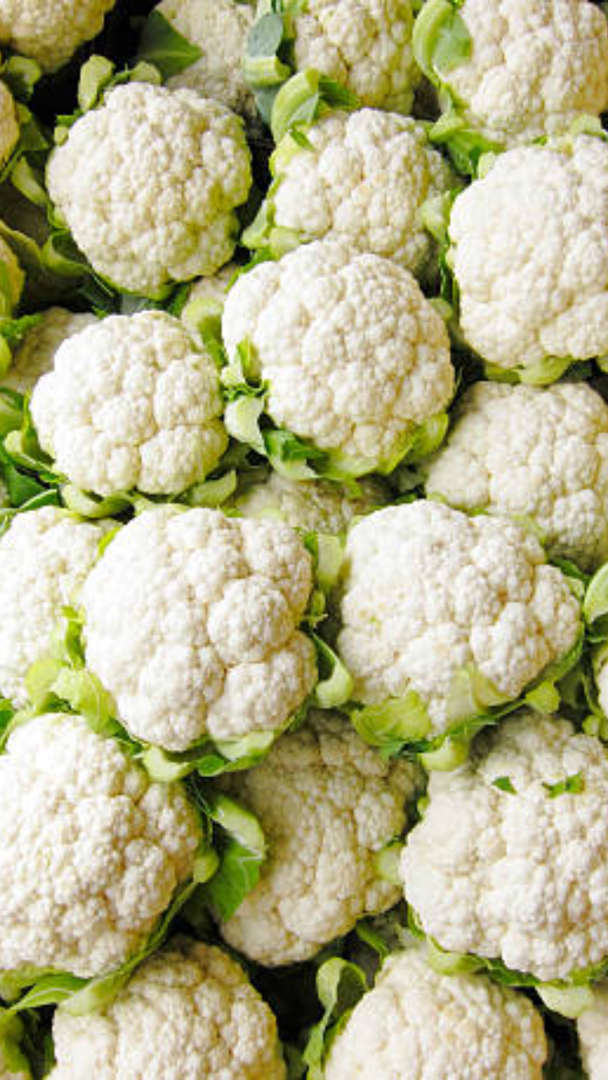
One cup of cauliflower contains around 17 mcg of Vitamin K. While its content is lower compared to other vegetables, regular consumption ensures a steady supply of this essential nutrient to support normal clotting functions.
This is only for your information, kindly take the advice of your doctor for medicines, exercises and so on.
https://gscrochetdesigns.blogspot.com. one can see my crochet creations
https://gseasyrecipes.blogspot.com. feel free to view for easy, simple and healthy recipes
https://kneereplacement-stickclub.blogspot.com. for info on knee replacement
https://cancersupportindia.blogspot.com for infor on cancer and health related topics
https://GSiyers
home remedies.blogspot.com is the latest addition to my blogs. I'm
going to add posts there, do give me your valuable feed back on my
blogs. Thanks a lot, take care, be healthy and be happy.
Labels: blood clotting, bone health, Broccoli, Cabbage, cauliflower, drumstick, foods rich in Vit. K, fresh coriander leaves, green peas, methi/fenugreek seeds, sarson ka saag, Spinach, spring onion












0 Comments:
Post a Comment
<< Home